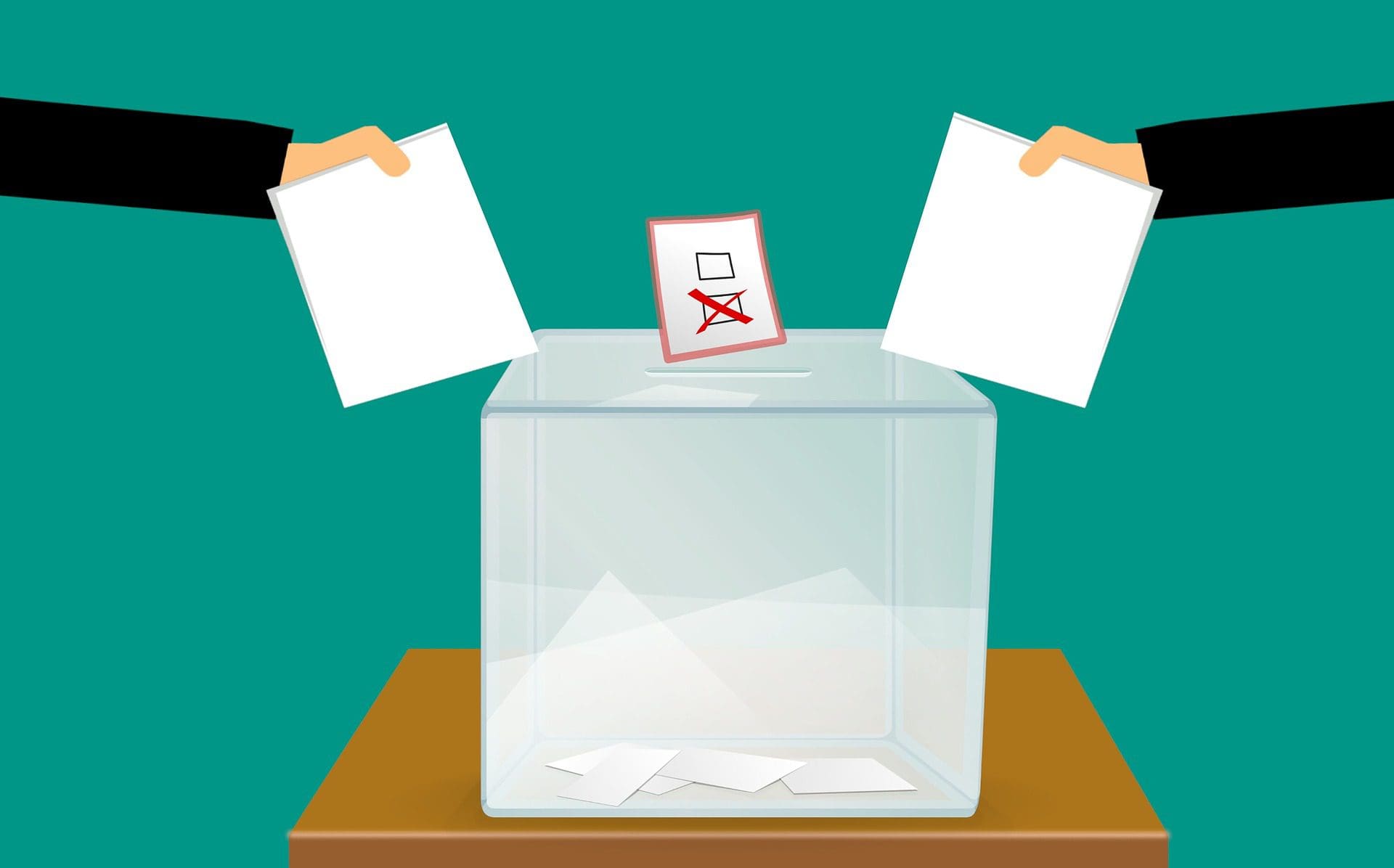Here’s one way to think about who wants a secure, trustworthy election and who doesn’t.
Are they working to fix deficiencies in election administration, removing doubt about results, or are they making the faulty case that safeguards to ensure accuracy and legal participation should be bulldozed less than 60 days from an election?
In Texas and elsewhere, the actions of local officials to circumvent the legislative process and implement a wide range of voting changes—at the last minute—is being applauded by the media.
Criticism of Attorney General Paxton working to stop these last-minute power grabs by the mainstream Austin media is what’s colloquially called fake news, propagandistic, and, in the case of some writers, donor stroking.
Oh, and in case you were wondering, voting is nothing like picking up Twinkies and Yoohoo curbside or having a can of Pringles delivered to your home.
The rules for voting by mail in Texas are not new or complicated. They are well established, as are the practices around the use of mail-in ballots.
Sending over 2 million applications to everyone on the Harris County voter roll has not been done before because the majority of individuals who will receive the application do not qualify under the law to use a mail-in ballot. This is still the case today.
To vote by mail in Texas, one must be 65 or older, outside of the county at the time of an election, an eligible incarcerated individual, or have a disability that prevents going to the polls. The last category is the one that Democrats have been trying to exploit to enhance their electoral odds.
Despite the wishes of harvesters and lazy operatives, only actually disabled individuals can register for a mail-in ballot as disabled, a fact that has been adjudicated in the Texas Supreme Court. In May, following the primary election but before the run-off and in the middle of the COVID-19 flu fever, the court ruled that a lack of immunity to the coronavirus was not a disability.
Suggestions that major parties waste money sending mail-in ballots to everyone on the voter rolls is either naive or intentionally misleading. Major parties do send applications to voters who are 65 and older, an operation that lives in the black and white of election law, not a made-up space that left-wing lawyers have contrived and spoon-fed to the likes of Chris Hollins and Dana DeBeauvoir.
These two and other election officials in 2020, under the auspices of stemming the spread of the coronavirus to a high-risk population, mailed applications to registered voters 65 and older. These efforts were met with little resistance. In retrospect, given the aggressive abuse of power and insistence on pursuing what amounts to ignoring the law currently on display, they should have been fought as well.
In part, these actions should have been opposed because voting by mail leads to more disenfranchised voters and unnecessary exposure to increased fraud.
Members of the media—still ignorantly regurgitating—who claim that there’s little evidence that voting by mail is less secure (than voting in person) and increases instances of fraud aren’t paying attention.
Like the spring attempt to expand mail-in balloting, it’s intellectually dishonest to suggest that individuals in danger of COVID-19 and disabled haven’t been made aware that they can apply to vote by mail.
In the case of Harris and other Democrat-controlled counties, even healthy individuals are likely to have registered for a mail-in ballot based on misleading language used to explain the court ruling from May. The media, to its shame, has joined this manipulation.
Democrat end-runs around Texas law—as well as a legal ruling from the Supreme Court, a grocery store owner’s opinion, and the ramblings of useful idiots in the mainstream media—are working to undermine trust in the outcome of this election.
More people voting in elections, a noble aim, is worthless if a majority don’t trust the result.
This is a commentary published with the author’s permission. If you wish to submit a commentary to Texas Scorecard, please submit your article to submission@texasscorecard.com.





